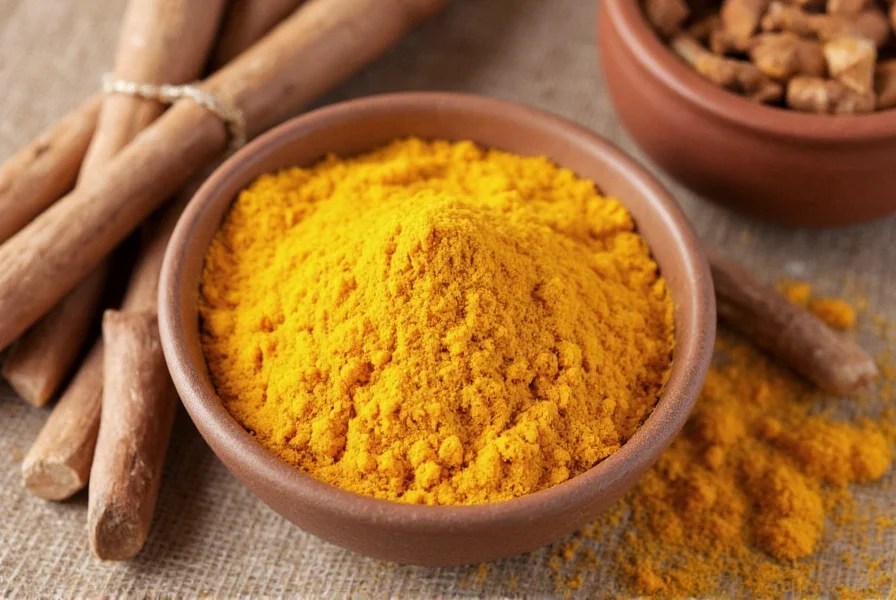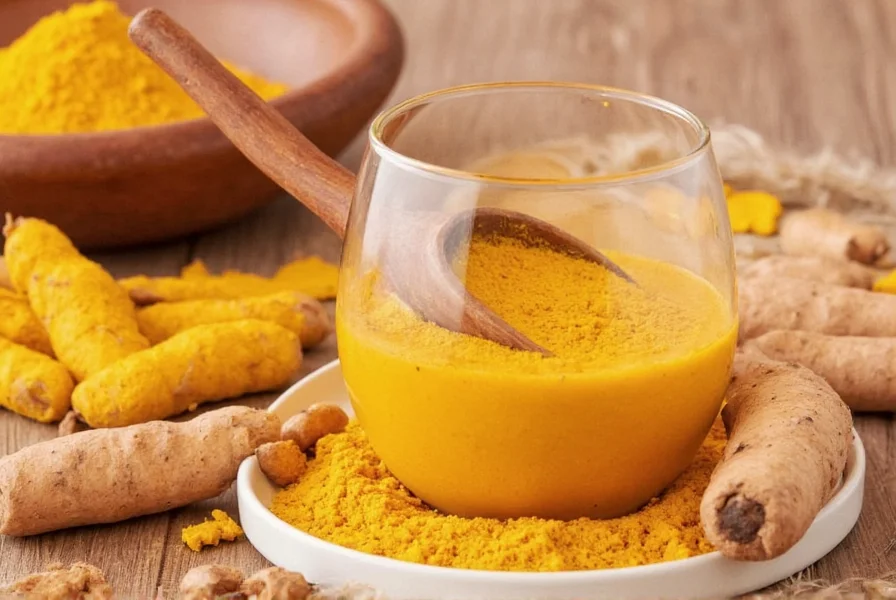When you're expecting, every dietary choice feels significant. The question of turmeric while pregnant is particularly important given turmeric's widespread use in cooking and supplements. As a spice commonly found in curry dishes and touted for its anti-inflammatory properties, many women wonder: Can I safely continue using turmeric during my pregnancy?
Understanding Turmeric and Pregnancy Safety
Turmeric, a vibrant yellow spice from the Curcuma longa plant, contains curcumin as its primary active compound. While culinary use of turmeric is generally recognized as safe, the situation becomes more complex when considering pregnancy. Medical professionals typically distinguish between food amounts of turmeric during pregnancy and therapeutic or supplemental doses.
What Science Says About Turmeric in Pregnancy
Current research provides limited but important insights. The American Pregnancy Association states that turmeric consumption in normal food amounts (approximately 1/2 to 1 teaspoon daily) poses minimal risk. However, they caution against turmeric supplements while pregnant due to insufficient safety data.
A 2021 review published in the journal Nutrients examined herbal supplement use during pregnancy and found that while dietary turmeric appears safe, concentrated forms may stimulate the uterus or affect hormone levels. This is particularly relevant when considering curcumin pregnancy safety concerns.
| Form of Turmeric | Recommended During Pregnancy | Notes |
|---|---|---|
| Culinary spice (in food) | Generally safe | Up to 1 teaspoon daily in cooking |
| Turmeric tea | Caution advised | Limited to 1 cup daily; avoid concentrated brews |
| Supplements (capsules) | Avoid | High concentrations may stimulate uterus |
| Topical application | Generally safe | Not absorbed significantly through skin |
Potential Benefits of Moderate Turmeric Use
When used appropriately, benefits of turmeric during pregnancy may include:
- Natural anti-inflammatory properties that may help with pregnancy-related joint discomfort
- Antioxidant effects supporting overall health
- Potential digestive benefits for common pregnancy nausea
- Mild immune system support
These benefits apply primarily to culinary turmeric use during pregnancy rather than supplemental forms.
Important Safety Considerations
The primary concern with turmeric and pregnancy risks involves:
Uterine stimulation: Some animal studies suggest high doses of curcumin might stimulate uterine contractions, potentially increasing miscarriage risk, particularly in early pregnancy. While human evidence is limited, healthcare providers generally recommend caution.
Blood thinning effects: Turmeric has mild anticoagulant properties. When combined with certain medications or in women with bleeding disorders, this could increase turmeric and bleeding risk during pregnancy.
Iron absorption: High turmeric intake might interfere with iron absorption, a critical concern since many pregnant women already struggle with iron deficiency.

Practical Guidelines for Pregnant Women
Based on current medical understanding, here's what you need to know about how much turmeric is safe during pregnancy:
Safe practices:
- Continue using turmeric as a spice in normal cooking amounts (up to 1 teaspoon daily)
- Enjoy turmeric-containing dishes like curries and golden milk in moderation
- Use fresh turmeric root in small quantities in cooking
Avoid:
- Turmeric supplements, capsules, or extracts
- Medicinal doses (typically 500mg or more of curcumin)
- Highly concentrated turmeric teas or tonics
- Using turmeric specifically to treat medical conditions during pregnancy
When to Consult Your Healthcare Provider
Certain situations warrant specific discussion about turmeric use during pregnancy with doctor:
- If you have a history of miscarriage
- When taking blood-thinning medications
- If you have gallbladder issues
- When experiencing unusual bleeding
- If considering turmeric for specific pregnancy-related concerns
Your obstetrician or midwife can provide personalized guidance based on your health history and pregnancy status. Never use turmeric medicinally without professional approval.
Safe Alternatives to Consider
If you're looking for natural anti-inflammatory options during pregnancy, consider these alternatives to high-dose turmeric:
- Ginger (for nausea and inflammation)
- Omega-3 fatty acids from fish oil (with doctor's approval)
- Gentle exercise like prenatal yoga
- Adequate hydration and balanced nutrition
Final Considerations
The question of can I drink turmeric tea while pregnant has a nuanced answer: occasional, mild turmeric tea is likely safe, but daily consumption of strong brews should be avoided. Similarly, while turmeric and miscarriage risk isn't definitively proven in humans at culinary doses, the precautionary principle applies when it comes to pregnancy safety.
Remember that individual responses vary, and what's appropriate for one pregnancy might not suit another. The most important guideline is simple: when in doubt about turmeric while pregnant, consult your healthcare provider before continuing or starting any new supplement or significant dietary change.











 浙公网安备
33010002000092号
浙公网安备
33010002000092号 浙B2-20120091-4
浙B2-20120091-4